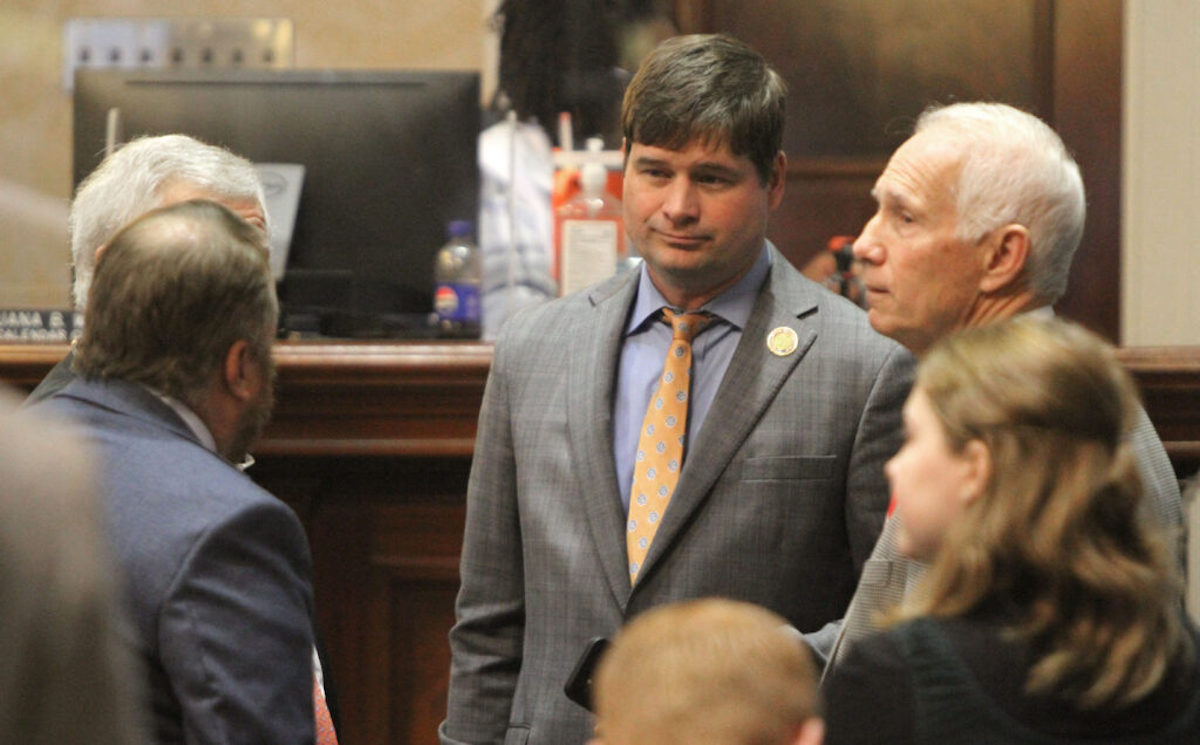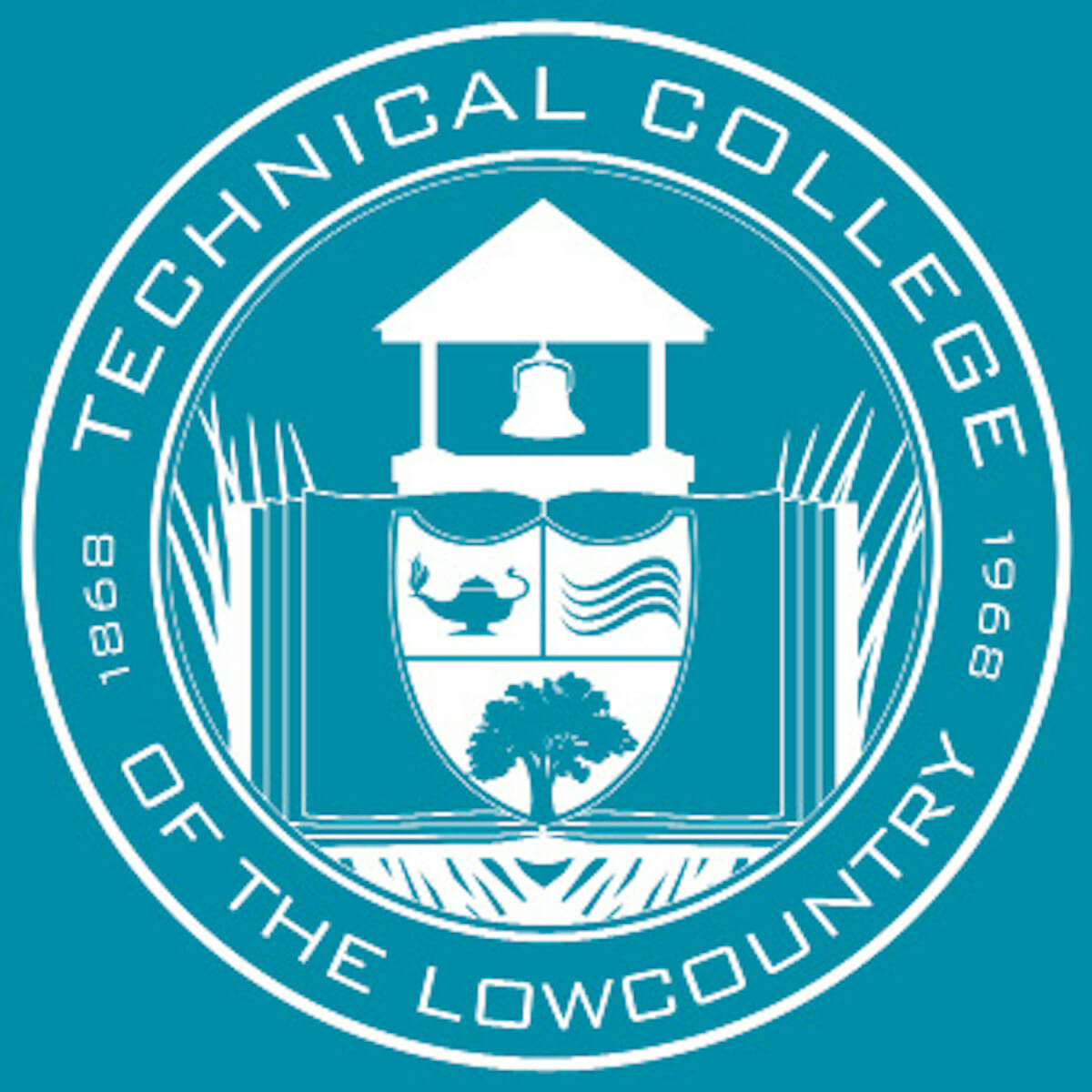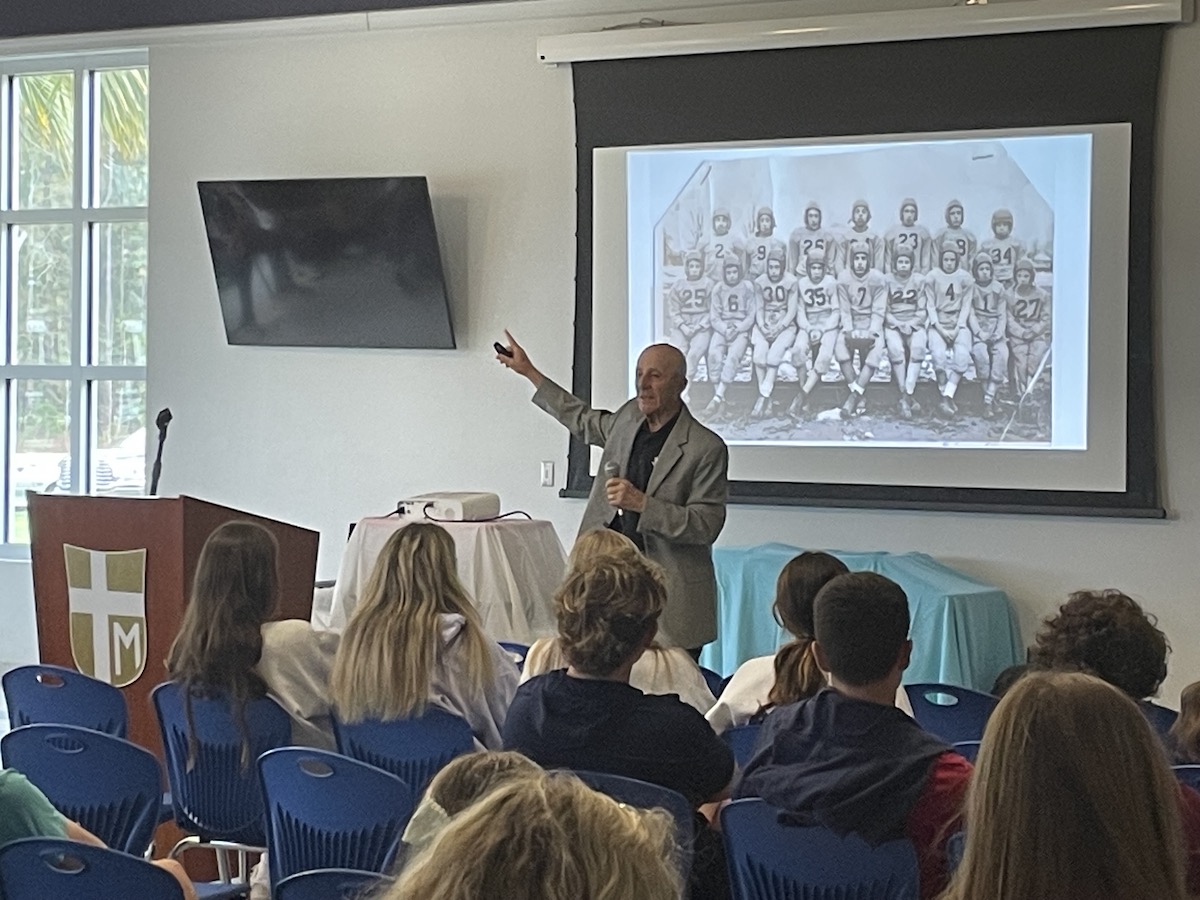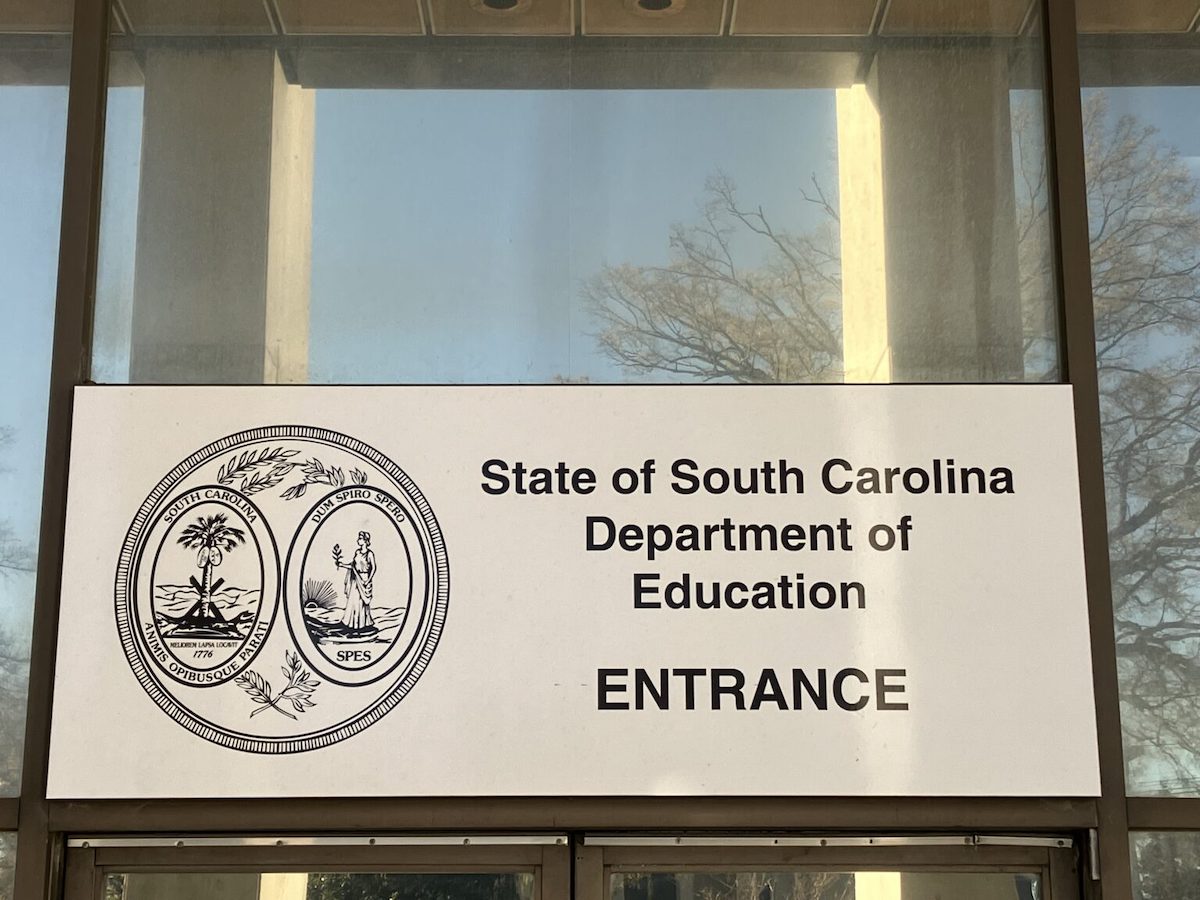Teachers’ advocate concerned about existing shortages in PE teachers, time taken from core subjects
By Skylar Laird
SCDailyGazette.com
COLUMBIA — Recess would be required for elementary and middle school students in a proposal attempting to decrease childhood obesity rates.
The bill discussed by a House panel Tuesday would mandate at least 20 minutes of outdoor play every school day for students in kindergarten through eighth grade. It would also double the time sixth- through eighth-graders must spend in structured physical education classes, from 30 hours to 60 hours for the year.
The goal, said bill sponsor Rep. Patrick Haddon, is to get students more physically active to reduce obesity rates.
Nearly 40% of students in the state were overweight or obese last school year, according to data collected through the S.C. FitnessGram program.
“This is a big problem that’s been in the making for some years now,” said Haddon, R-Greenville.
In nearly half the state’s public schools, students in second, fifth and eighth grades, as well as high schoolers, take the FitnessGram test to evaluate their general health and physical abilities. Those findings show childhood fitness has been falling, said Russell Pate, who leads a group at the University of South Carolina researching children’s physical activity.
During the 2022-23 school year, 54% of children received unhealthy scores on cardiorespiratory tests that involved running a mile and sprinting. When asked to do pushups to measure upper body strength, 44% of tested students needed improvement, according to the most recent report.
That makes for “a critical public health issue,” Pate told legislators.
When children don’t have time to play outside, they don’t learn how to play, said David Stodden, a professor of educational and developmental science at USC.
“If kids can’t play, they can’t use this equipment,” Stodden said, showing lawmakers a photo of a playground.
Not using the playground means losing valuable interactions with other children, hindering them socially, Stodden said. Plus, exercise boosts the parts of the brain used to learn other skills, such as reading and math, he said.
The proposal, however, could add stress to already overburdened schools and teachers, said Patrick Kelly, a lobbyist for the Palmetto State Teachers’ Association.
Schools have been struggling to hire enough teachers in all subjects, and physical education is no exception, Kelly said. Plus, the additional 30 hours of physical education it would mandate for middle schoolers would take time away from lessons in math, reading, science and social studies, he said.
“The legislation seeks to allocate the most valuable and scarce resource we have in our schools, which is the time that we have with our students,” said Kelly, who is also a Columbia-area high school history teacher.
More flexibility for schools struggling to meet those requirements would help, Kelly said.
While the panel of legislators did not vote Tuesday, they generally agreed they did not want to further burden teachers.
“The one thing that I don’t want to have happen is we implement something with the time (requirements), and we don’t have the structure and the personnel to actually make it happen,” said Rep. David Vaughan, R-Simpsonville.
Skylar Laird covers the South Carolina Legislature and criminal justice issues. Originally from Missouri, she previously worked for The Post and Courier’s Columbia bureau.











